![Laughter and Healing with Verne Varona]()
by plant4health | Jul 16, 2015 | cancer, Vegan, Whole food, plant-based
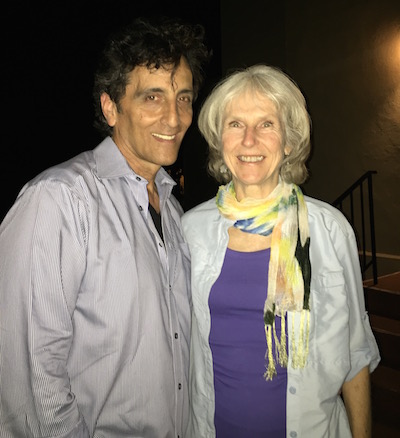
Verne Varona and Patricia Joy Becker
This week I had pleasure of attending the Monday Night Vegetarian Dinners in Palo Alto, CA with my friend Patricia Joy Becker. The dinner was sponsored by the Peninsula Macrobiotic Community where head chef Gary Alinder has been preparing macrobiotic meals since the group’s inception in 1987.
The Macrobiotic diet is similar to a whole food plant-based (WFPB) diet emphasizing locally-grown, non-processed foods: grains, legumes, vegetables, sea-vegetables, fruit, seeds, nuts and a variety of fermented foods.
In macrobiotics, any and all foods can be consumed depending on the person’s constitution and condition. A person’s lifestyle, health issues and the climate they are living in also has a strong determining factor as to what foods will provide optimum health. Macrobiotics offers dietary and lifestyle guidelines based thousands of years of oriental wisdom.
(more…)
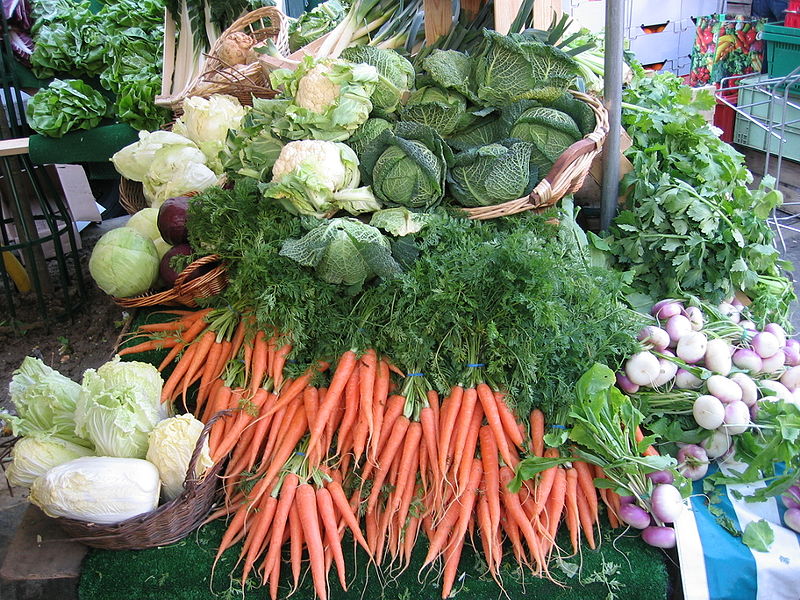
by plant4health | Jul 9, 2015 | Nutrition, Plant-based, Vegan, WFPB, Whole food, Whole food, plant-based
 The terms vegan and plant-based have been used interchangeably as a way to describe those that do not eat animal products. However, the two types of diets are very different.
The terms vegan and plant-based have been used interchangeably as a way to describe those that do not eat animal products. However, the two types of diets are very different.
Vegan: A vegan diet focuses on the exclusion of animal products (meat and dairy). Some vegans have strong feelings about animal rights and choose to eliminate all types of animal products from their lives, including clothing (wool, silk, leather) and personal hygiene (soaps, lotions, perfumes). They even avoid foods and other products that come from insects (honey, beeswax).
(more…)
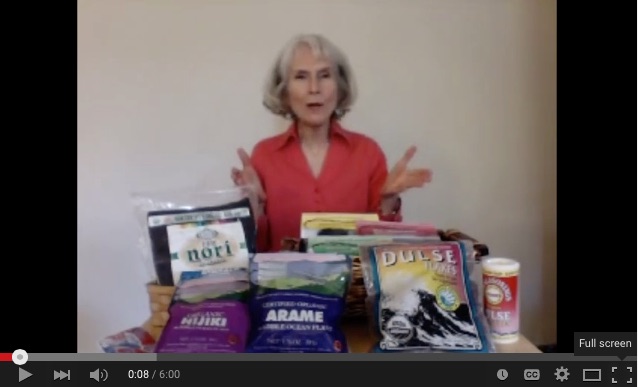
by plant4health | Jul 2, 2015 | Nutrition, Plant-based, Recipes, Vegan, WFPB

View Patricia Joy Becker’s video talk on sea vegetables and seaweed.
Sea vegetables (also known as kelp and seaweed) are edible algae that can be eaten as is or used as an ingredient in recipes. The most common types to eat are alaria, arame, dulse, hijiki, kelp, kombu, nori, and wakame. They have been consumed by coastal people for thousands of years and for good reason. According to Dr. Gabriel Cousens in his book Conscious Eating, sea vegetables are packed with protein, vitamins and minerals. In fact, they are “higher in minerals and vitamins than any other class of food” and unlike land vegetables “have all the fifty six minerals and trace elements our bodies require.” In addition to vitamins A, B, C, and E, sea vegetables contain human-utliizable vitamin B12, which is challenging to get on a whole food, plant-based (WFPB) vegan diet. For example, one-half ounce of alaria contains 10 times more vitamin B12 than the recommended daily requirement. One-half ounce of kelp has 1-2 times the daily minimum requirement and nori has 2-3 times.
(more…)
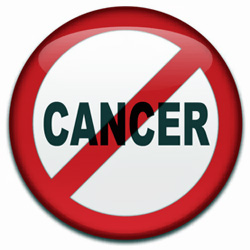
by plant4health | Jun 25, 2015 | cancer, Nutrition, Plant-based, Vegan, WFPB, Whole food, Whole food, plant-based
 Food choices are very personal, making information that challenges the healthy nature of commonly enjoyed foods very controversial.
Food choices are very personal, making information that challenges the healthy nature of commonly enjoyed foods very controversial.
With the advancements in technology, new scientific discoveries are forcing us to question our fundamental beliefs about our diet and how it affects our health. If we hope to cure our society’s current health crisis, we need to pay attention to what science is telling us.
Fact: science has discovered a connection between consuming animal products and cancer.
(more…)
![Laughter and Healing with Verne Varona]()
by plant4health | Jun 18, 2015 | cancer, Healing, Nutrition, Plant-based, Vegan, WFPB, Whole food, plant-based
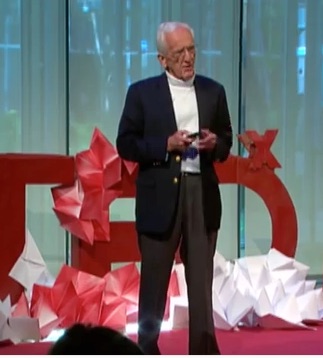 It’s no secret that the United States has a health care crisis. In this TED Talk, Dr. T. Colin Campbell, Professor Emeritus at Cornell University and co-author of several nutrition books including The China Study and Whole, shares his view on how we can each heal ourselves and tackle the health crisis in our country.
It’s no secret that the United States has a health care crisis. In this TED Talk, Dr. T. Colin Campbell, Professor Emeritus at Cornell University and co-author of several nutrition books including The China Study and Whole, shares his view on how we can each heal ourselves and tackle the health crisis in our country.
View the video on YouTube.
Here are some key take-aways from his talk:
(more…)
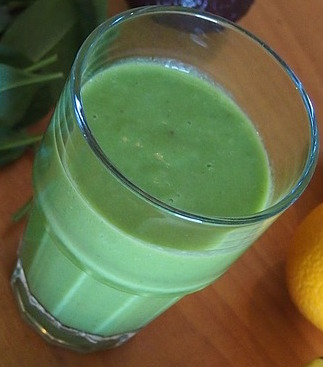
by plant4health | May 28, 2015 | cancer, Nutrition, Plant-based, Recipes, Vegan, WFPB, Whole food, Whole food, plant-based
 While battling cancer, juicing was a vital part of my husband’s nutritional support system and remains an important part of our plant-based diet.
While battling cancer, juicing was a vital part of my husband’s nutritional support system and remains an important part of our plant-based diet.
When your body has developed cancer, or any illness, it is telling you something – its needs are not being met. Your body is a compilation of complex systems that all work together in creating your experience of living. Food provides the fuel all of those interrelated systems require in order to function and maintain health. When one or more of those systems are compromised, we get sick. Reevaluating your eating habits is the first step towards providing your body with the tools it needs to fight disease and regain optimal health.
It’s all about eating consciously. Our bodies have an incredible capacity to heal and your diet is the foundational support system in that healing process. Juicing is a great way to provide your body with much needed nutrients that are easy for your system to absorb.
Juicing Facts:
Nutrient rich – When you drink fresh vegetable juice, highly concentrated vitamins, minerals and enzymes are easily accessible to your body as they rapidly enter the bloodstream. Juice made from fresh produce is high in antioxidants and minerals, wonderful tools in the fight against cancer. Because most of the fiber has been removed, the nutrients can bypass the digestive system and go straight to where you need them most. (more…)






